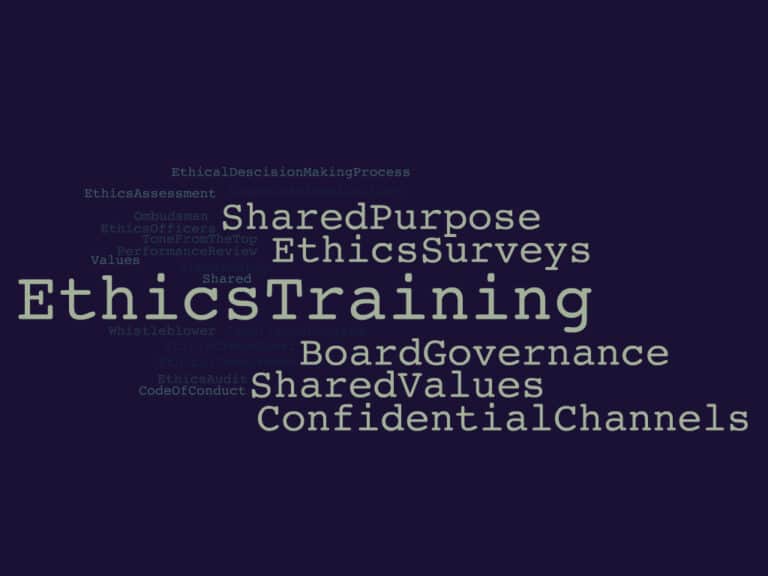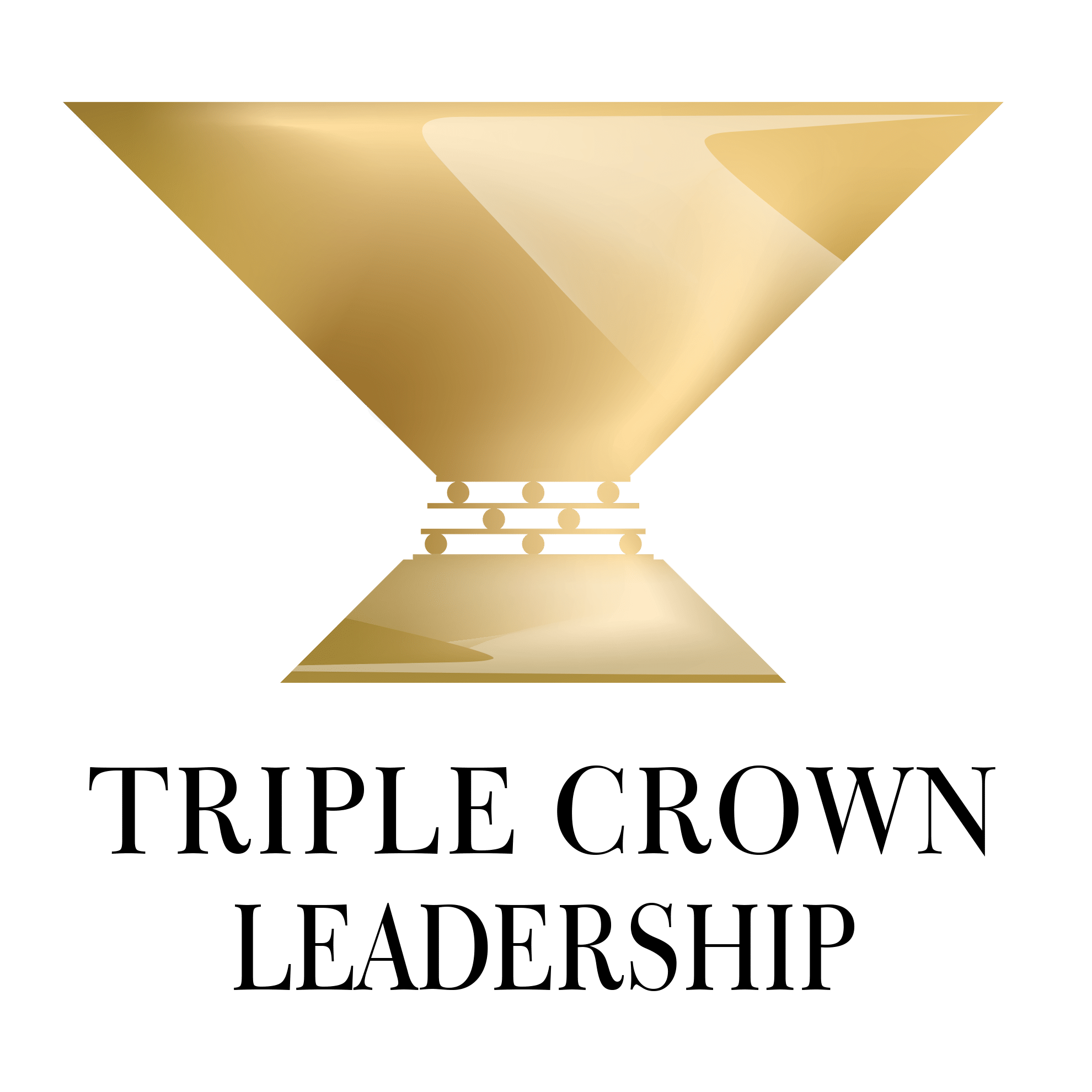How can leaders make so many bone-headed decisions?
Leaders need an easy-to-use, bulletproof test for their decision-making. We offer one here.
Bob recently attended sessions at the Markkula Center for Applied Ethics, where Stanford Professor Joseph Grundfest led some fascinating dialogue. We extrapolated the model that follows from that interaction. It is simple, memorable, and powerful:
1. Is it legal?
2. Is it ethical?
3. Is it smart?
1. Is It Legal?
The minimum threshold for all decisions is “Is it legal?” Too many leaders rationalize illegal behavior:
- “The chances of getting caught are so small.”
- “I’m smart enough to get away with it.”
- “Everybody’s doing it.”
- “I deserve it.”
- “It really isn’t hurting anybody.”
Of course, if you’re caught, you’ll wonder later how you could have been so blind.
2. Is It Ethical?
The general views of a civilized society (called the mores) are what determine if something is ethical.
Some acts are ethical, even if they are illegal (e.g., civil disobedience to challenge discriminatory laws). To break such a law may be ethically right, but one must be prepared to face the legal consequences.
Some acts are unethical, even if they are legal (e.g., the laws of the Third Reich).
We encourage organizations to articulate a set of shared values to guide their behavior–shared values like integrity (or one of its synonyms). But even with a set of such shared values, collaboratively developed, widely communicated, and embedded into the DNA of an organization, men and women of goodwill may disagree on the ethics of a certain course of action.
As Grundfest queried,
“What if you discover some information in a perfectly legal manner that gives you a huge competitive insight into a company’s proposed actions, information that no one else possesses and might make you a lot of money? Is it ethical to use this information that others don’t have, taking advantage of their naiveté?”
Some might say, “That’s business.” Others might say, “I’m not so sure.”

Leadership Derailers Assessment
Take this assessment to identify what’s inhibiting your leadership effectiveness. It will help you develop self-awareness and identify ways to improve your leadership.
3. Is It Smart?
So, let’s then ask, “Is it smart for all concerned?” This parameter is similar to the old adage of “What if were on the front page of the newspaper?”
In an era of whistleblowers, Wikileaks, and social media, assume your actions will become public. How will your behavior stand up to that scrutiny?
Test your decisions against these three parameters. You won’t regret it.
Tools for You
- Leadership Derailers Assessment to help you identify what’s inhibiting your leadership effectiveness
- Personal Values Exercise to help you determine and clarify what’s most important to you
- Alignment Scorecard to help you assess your organization’s level of alignment

Personal Values Exercise
Complete this exercise to identify your personal values. It will help you develop self-awareness, including clarity about what’s most important to you in life and work, and serve as a safe harbor for you to return to when things are tough.
Related Articles
- “How to Be More Decisive in Your Life and Leadership“
- “How Ethical Leaders Approach Decision-Making”
- “Choice Overload and Career Transitions”
- “Getting Good at Overcoming Fear”
- “The Perfectionism Trap–And How to Escape It”
- “The Incredible Benefits of Being Action-Oriented”
- “Why Self-Awareness Is So Important–And How to Develop It”
- “Why Are We Talking about Ethics?“
- “Ethical Leadership: Our Gamechanger“
- “The Importance of Trust in Leadership“
- “The Importance of Credibility in Leadership“
- “Ethical Decision-Making: Simple Tests“
Resources on Decision-Making
- Alliance for Decision Education
- Annie Duke, How to Decide: Simple Tools for Making Better Choices
- Barry Schwartz, The Paradox of Choice: Why More Is Less
- “Barry Schwartz: The Paradox of Choice” TED talk
- Chip and Dan Heath, Decisive: How to Make Better Choices in Life and Work
- John Hammond, Ralph Keeney, and Howard Raiffa, Smart Choices: A Practical Guide to Making Better Decisions

Triple Crown Leadership Newsletter
Join our community. Sign up now and get our monthly inspirations (new articles, announcements, opportunities, resources, and more). Welcome!
+++++++++++++++++++++++
Gregg Vanourek and Bob Vanourek are leadership practitioners, teachers, and award-winning authors (and son and father). They are co-authors of Triple Crown Leadership: Building Excellent, Ethical, and Enduring Organizations, a winner of the International Book Awards. Check out their Leadership Derailers Assessment or get their monthly newsletter. If you found value in this, please forward it to a friend. Every little bit helps!


